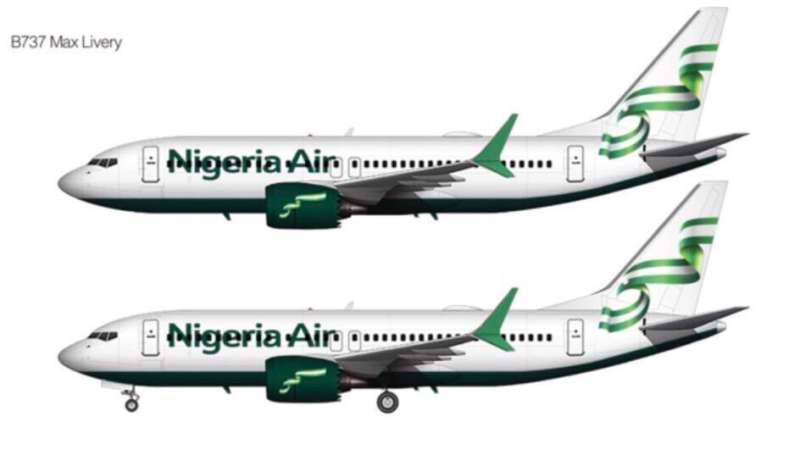There are no products in your shopping cart.
| 0 Items | £0.00 |


NIGERIA'S federal government has revealed that it expects to raise about $250m from private sector investors to help float the proposed national carrier that has been in the offing for several years now.
In September 2018, aviation minister Hadi Sirika announced plans at the Farnborough Air Show in Kent, in the UK to float a national carrier that would be known as Nigeria Air. He added that an initial capital of between $150m and $300m would be required to get the project off the ground successfully.
Mr Sirika pointed out that Nigeria Air will fly to 80 different destination and will have a fleet of 30 aircraft once it becomes operational. However, later that year, the project was shelved after it emerged that there was no capital provision for the launching of the airline in Nigeria's annual budget.
It now appears that the federal government has now decided to fund the project using private capital. Mr Sirika explained that the establishment of a national carrier would enable Nigeria gain optimal benefits from Bilateral Air Service Agreement (Basa), take full advantage of the Single African Air Transport Market and introduce competition, leading to competitive fares and services as well as generate employment.
Mr Sirika added: “The national carrier project will be private sector driven, with the government holding not more than 5% of the shares. The private sector consortium may comprise reputable international airlines, such as Qatar Airways, leasing companies, aircraft manufacturers, financial and institutional investors.”
He noted that the government would provide the required support by creating an enabling environment in terms of sustainable policies, allocation of Basa, routes provision, financial guarantees and ensuring fiscal incentives to sustain the success of the airline. According to the minister, the project development phase has been completed with the development of the outline business case and subsequent issuance of compliance certificate by the infrastructure concession regulatory commission.